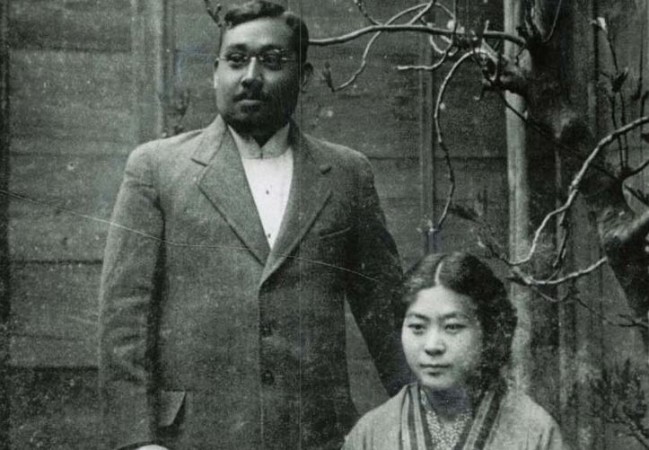
As Independence Day 2023 dawns upon us, it is a fitting occasion to remember and pay homage to the lesser-known but immensely influential figure in India's freedom struggle—Rasbihari Bose. A revolutionary, strategist, and visionary, Bose's contributions played a pivotal role in shaping the course of India's journey towards liberation. This article delves into the life, ideals, and impact of Rasbihari Bose, shedding light on his significant role in the fight for India's independence.
Born on May 25, 1886, in Subaldaha, Bengal, Rasbihari Bose's early life was marked by a fervent desire for India's autonomy. Imbued with a strong sense of patriotism from a young age, Bose's exposure to colonial oppression and exploitation fueled his determination to free his homeland from British rule.
Revolutionary Activities:
Bose's association with revolutionary movements took root during his years at Presidency College in Calcutta. Inspired by the likes of Aurobindo Ghosh and Bipin Chandra Pal, he joined secret societies that aimed to overthrow British rule through armed resistance. His involvement in the Anushilan Samiti and Jugantar paved the way for his active participation in revolutionary activities, including acts of sabotage and targeted assassinations.
The Ghadar Movement and International Links:
Rasbihari Bose's significance extended beyond Indian borders. He was a key figure in the Ghadar Movement, a transnational movement that sought to enlist support from Indian expatriates to overthrow British rule. While in Japan, he established connections with Japanese and German authorities, aiming to garner international support for India's freedom struggle.
Zimmermann Telegram and Singapore Mutiny:
One of Bose's notable achievements was his role in the interception of the Zimmermann Telegram, which revealed Germany's plan to support an Indian uprising against British colonialism. He also orchestrated the Singapore Mutiny of 1915, a valiant attempt by Indian soldiers to break free from colonial shackles. Although the mutiny was suppressed, it signaled a growing spirit of resistance.
Rasbihari Bose's Influence on Subhash Chandra Bose:
Rasbihari Bose's influence extended to his nephew, Subhash Chandra Bose, a towering figure in India's struggle for independence. He mentored and guided Subhash Chandra Bose, fostering his determination to challenge British dominance and seek alliances for the cause.
Rasbihari Bose's relentless dedication to India's freedom struggle earned him the title of "Father of the Indian Revolution." His ability to transcend borders, establish international alliances, and inspire generations of revolutionaries set the stage for the eventual downfall of British colonial rule.
On this Independence Day, as we celebrate the nation's hard-fought freedom, it is imperative to remember Rasbihari Bose's unyielding commitment. His visionary approach, strategic brilliance, and unshakable belief in the power of revolution continue to inspire us to cherish and uphold the legacy of those who fought tirelessly for India's independence.
Rasbihari Bose's life is a testament to the spirit of unwavering commitment and sacrifice for a greater cause. As we stand on the precipice of Independence Day 2023, let us take a moment to honor the memory of Rasbihari Bose, a true unsung hero of India's freedom struggle, and draw inspiration from his remarkable journey towards a liberated India.
Unraveling the Legacy: Azad Hind Government's Recognition and the Quest for Freedom
Bhagat Singh's Vision for Today's India: Reflecting on Independence Day 2023